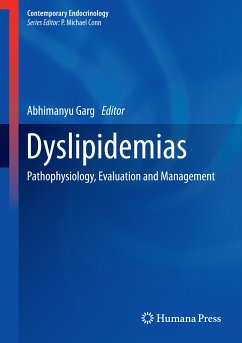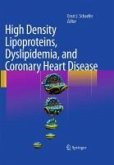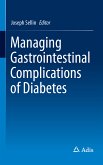Dyslipidemias: Pathophysiology, Evaluation and Management provides a wealth of general and detailed guidelines for the clinical evaluation and management of lipid disorders in adults and children. Covering the full range of common through rare lipid disorders, this timely resource offers targeted, practical information for all clinicians who care for patients with dyslipidemias, including general internists, pediatric and adult endocrinologists, pediatricians, lipidologists, cardiologists, internists, and geneticists. For the last twenty years, there has been a growing recognition worldwide of the importance of managing dyslipidemia for the primary and secondary prevention of atherosclerotic vascular disease, especially coronary heart disease. This has been mainly due to the publication of the guidelines of National Cholesterol Education Program's Adult Treatment Panel and Pediatric Panel from the United States. These guidelines have stimulated generation of similar recommendations from all over the world, particularly Europe, Canada, Australia and Asia. Developed by a renowned group of leading international experts, the book offers state-of-the-art chapters that are peer-reviewed and represent a comprehensive assessment of the field. A major addition to the literature, Dyslipidemias: Pathophysiology, Evaluation and Management is a gold-standard level reference for all clinicians who are challenged to provide the best care and new opportunities for patients with dyslipidemias.
Dieser Download kann aus rechtlichen Gründen nur mit Rechnungsadresse in A, B, BG, CY, CZ, D, DK, EW, E, FIN, F, GR, HR, H, IRL, I, LT, L, LR, M, NL, PL, P, R, S, SLO, SK ausgeliefert werden.









